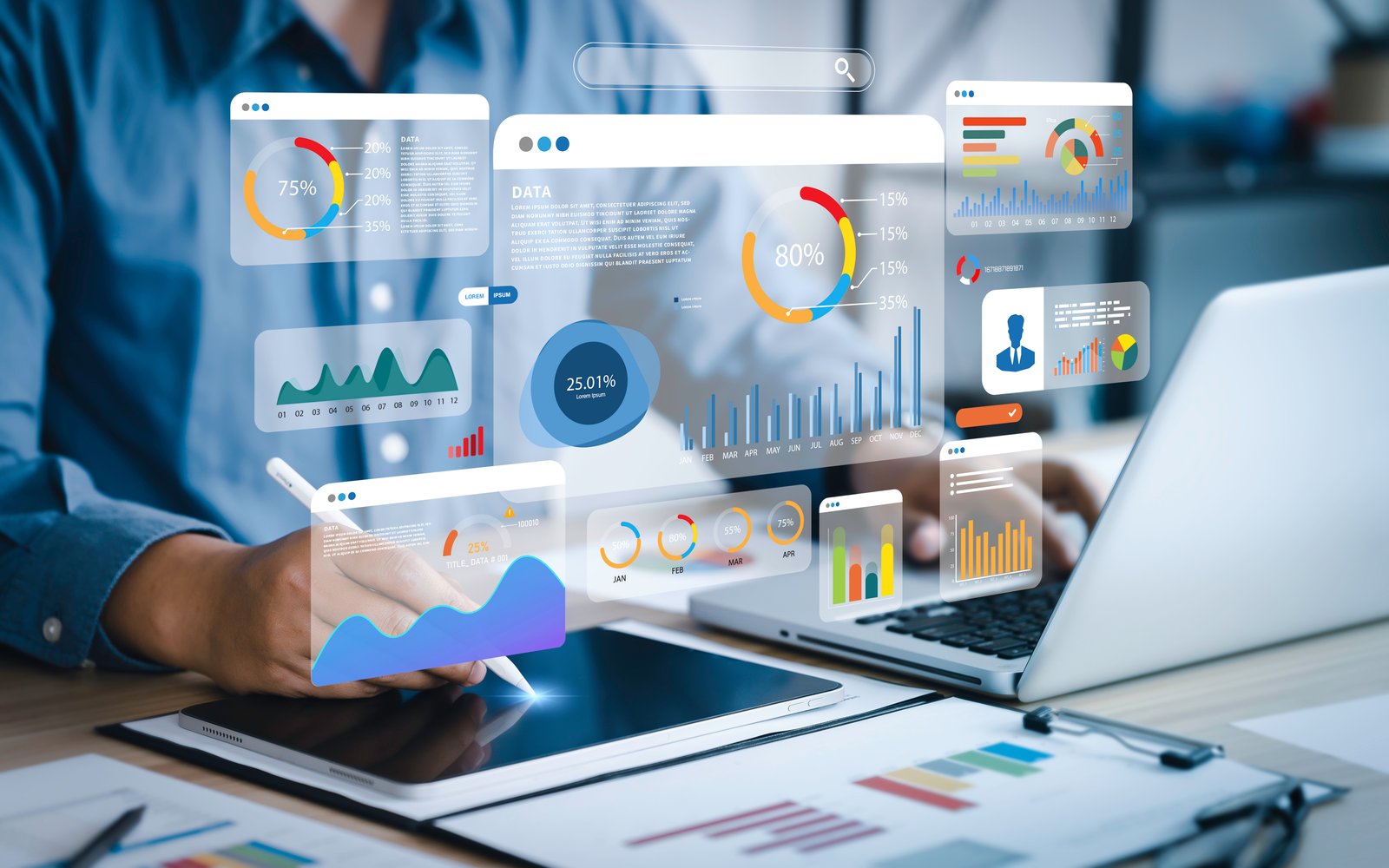
What's the difference between Big Data Analytics and Simple Business Analysis?
You're likely familiar with the importance of data in making informed business decisions. However, with the advent of big data analytics, there may be confusion surrounding its differences from simple business analysis. We are going to explore the definition, scope and differences of big data analytics and simple business analysis, and how they can benefit businesses in the omnichannel retail industry.
Firstly, let's define what big data analytics and simple business analysis are. Simple business analysis focuses on historical data and commonly used techniques such as trend analysis, ratio analysis and benchmarking to evaluate business performance, identify trends and forecast future results. On the other hand, big data analytics refers to the process of examining vast and complex data sets to uncover hidden patterns, correlations and insights that have the potential to drive organizational decisions.
One key difference between big data analytics and simple business analysis is the amount of data involved. Business analysis typically involves analyzing small or moderate-sized data sets, whereas big data analytics involves processing and analyzing large, unstructured data sets using advanced technological tools such as machine learning algorithms, artificial intelligence and predictive analytics.
Another significant difference between the two is the speed and frequency of analysis. Traditional business analysis relies heavily on human analysis, which can often be time-consuming, manually-intensive and subjective. Big data analytics, on the other hand, is driven by cutting-edge technology that enables real-time and continuous analysis of organizational data, making it possible for businesses to quickly identify new trends and capitalize on emerging opportunities.
While simple business analysis is useful for routine monitoring and diagnosis of business operations, big data analytics goes beyond just descriptive analysis to provide businesses with prescriptive and predictive insights. With analytics consulting, businesses can leverage the power of data-driven marketing strategies to develop personalized and targeted marketing campaigns, optimize pricing models, predict consumer demand as well as minimize risks and operational inefficiencies.
The benefits of utilizing big data analytics are numerous. Here are some examples:
- 1. Improved Customer Experience - Big data analytics can help retailers better understand their customers by analyzing purchasing patterns, online and offline behavior, and demographic data. These insights can be used to develop highly personalized marketing campaigns, offer product recommendations, optimize inventory management, and ultimately enhance the customer experience.
- 2. Optimized Pricing Models - Retailers can leverage big data analytics to set prices that are competitive yet profitable. By analyzing customer behaviour, retailers can use dynamic pricing models to adjust prices in real-time, improving sales and profits.
- 3. Enhanced Operational Efficiency - Big data analytics can help retailers identify inefficiencies within their supply chain and operational processes. By streamlining production processes, minimizing delivery lead times and reducing inventory costs, retailers can improve operational efficiency and bottom-line profits.
- 4. Effective Risk Management - Through predictive analytics and modeling, big data analytics can help retailers identify potential threats and minimize risks, reducing the likelihood of fraud, theft and data breaches.
While simple business analysis is useful for routine monitoring of business operations, big data analytics is a game-changer. With the right analytics consulting and technological tools, businesses can leverage the power of big data to develop data-driven marketing strategies, enhance the customer experience, optimize pricing models, improve operational efficiency and minimize risk. By embracing big data analytics, businesses can gain a competitive edge in a dynamic and rapidly changing retail landscape.
If you want to learn how you can use Big Data Analytics to improve your business, contact us at Hello@Querybridge.com